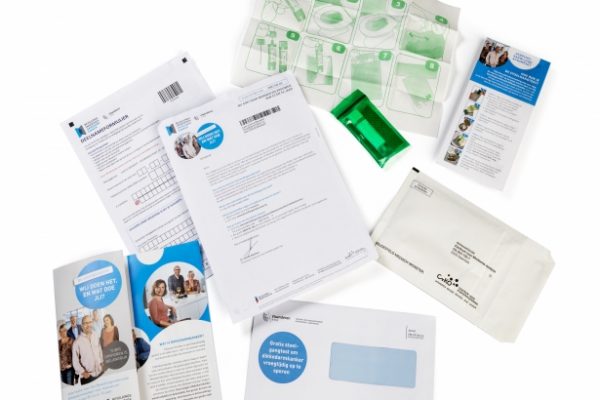
As the search for a vaccine against corona virus SARS-CoV-2 grips the scientific community in the entire world, the fight to end the crisis is also fought in other areas. Such as finding a medicine, that can be used to treat infected patients, and even cure them. A new discovery made in the Netherlands may be a first step towards that goal. This week, researchers from Utrecht and Rotterdam published their findings in the online scientific publication Nature Communications, and the peer reviewing process is expected to be finished soon.
What the researchers, led by dr. Berend-Jan Bosch from Utrecht University found is a human monoclonal antibody, that is capable of preventing infection by the SARS-CoV-2 virus in cultured cells. Bosch has been conducting research into antibodies for 20 years, and had also researched antibodies during the SARS-outbreak in 2002 and 2003. Expanding on that existing research, using antibodies that were stored previously, yielded the promising new find.
“This antibody is possibly capable of helping the immune system to combat the virus in infected persons, and can even provide a degree of prophylaxis in people that have not been infected yet”, dr. Bosch explains. Even more promising is the discovery that the antibody is effective on both the original SARS-CoV virus as on the current one. “It means that this antibody could have a mitigating effect on other diseases caused by corona viruses”, dr. Bosch continues.
Currently, the antibody is being tested on animals, and if all goes well, human trials can take place later this year. That could result in a medicine being available before the end of the year.
The antibody was generated using transgenic H2L2 mice from biochemical company Harbour BioMed, which was founded by dr. Frank Grosveld, professor in cell biology at Erasmus MC at Rotterdam University. He hopes the discovery will bring an effective COVID-19 remedy a lot closer. “This find can be a solid base for future research and a start for a possible treatment against COVID-19”, he says. “Because the antibody discovered is fully human, it can be developed much faster, while potential side effects can be diminished.”
According to dr. Bosch, “two or three” farmaceutical companies have expressed interest in the Dutch discovery, and want to invest in funding the necessary trials and scaling up production of the potential new drug.
As matters stand now, there is no medicine against COVID-19. Remdesivir, originally an ebola-treatment with limited efficacy, is currently taunted as the only available treatment. But all remdesivir does is shorten the period of time patients need to be hospitalized and ventilated. On top of that, remdesivir is almost impossible to come by, even though producer Gilead is scaling up production globally.
Read an article on the website of Utrecht University about the newly discovered antibody. The site also contains a video with the press conference by Berend-Jan Bosch and Frank Grosveld on 14 May.
Read the published article in Nature Communications.